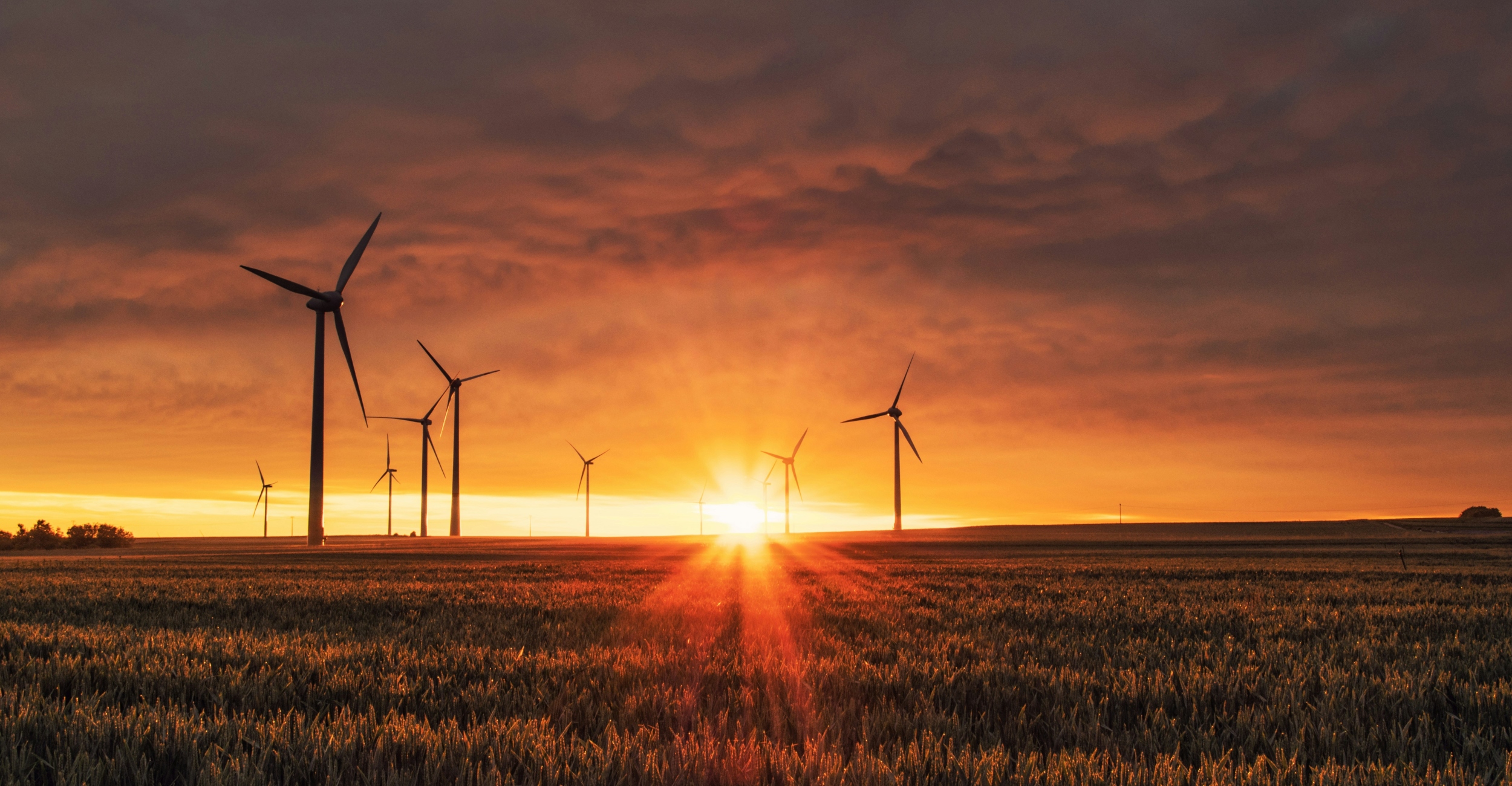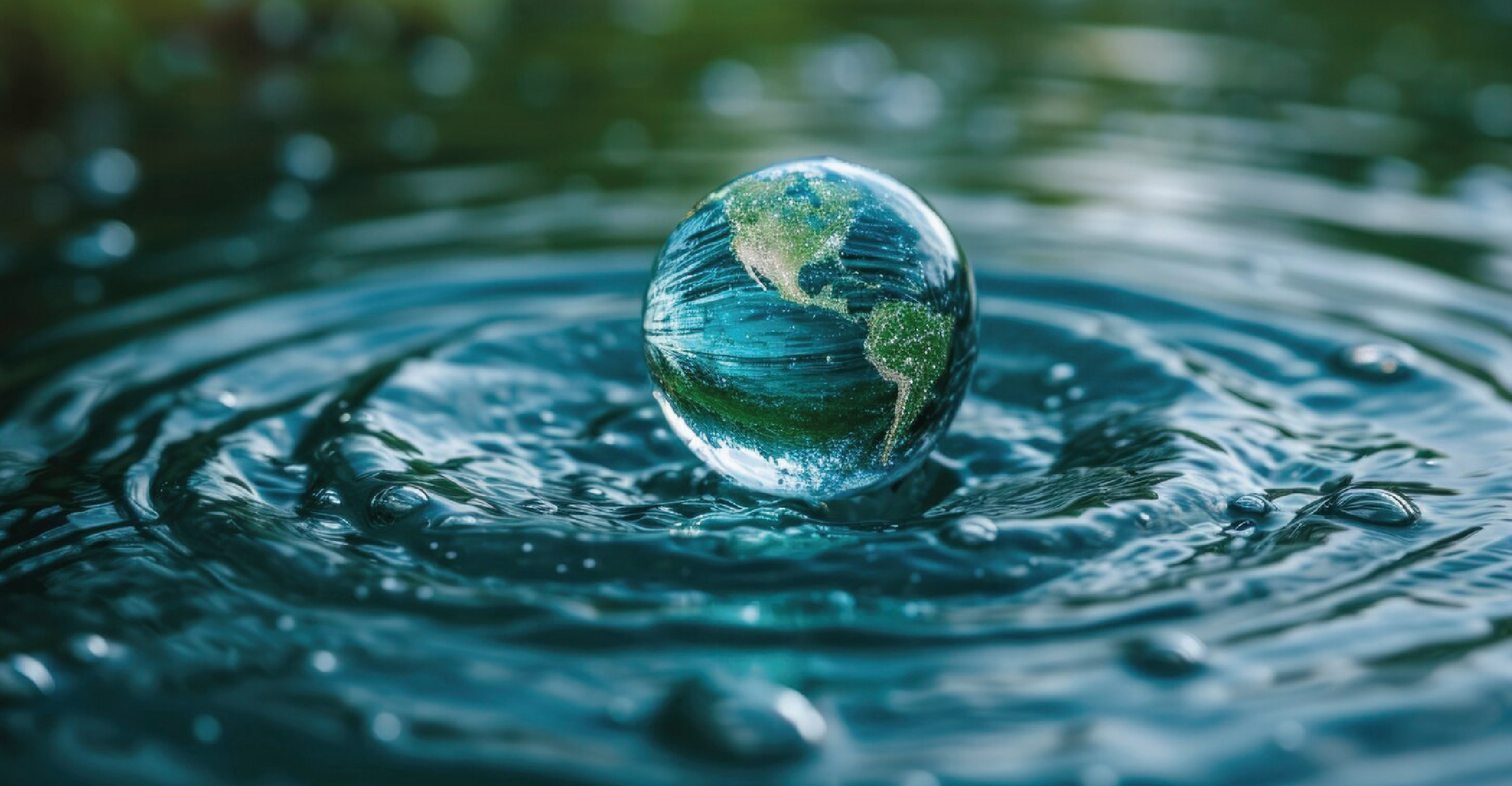
The circular economy and how investors can participate
Reducing, reusing and recycling will be vital in the future to find a balance between production and consumption. The circular economy offers extensive investment opportunities thanks to the boom in companies that are innovating in waste management, smart and sustainable packaging and collaborative economy platforms.
The problem of waste generation may become unsustainable if not addressed. Waste production is expected to increase by 70% in the next 30 years. The world population will grow to 9.7 billion according to the United Nations "World Population Prospects" report, while world GDP could double due to growth by the emerging economies, and global consumption could increase to practically unsustainable levels. Unless changes are made, by 2050 the level of global consumption will require the resources of 3 planets, according to the World Wildlife Fund (WWF).
All this is driving the search for a new economic model that balances care for the environment and more efficient approaches to consumption. The linear economy, which is the conventional production model, extracts raw materials to manufacture products that are to be used and discarded without taking into account the environmental footprint or the future consequences. Natural resources are limited and it is necessary to move to a regenerative, sustainable growth model.
The circular economy model
This is where the circular economy makes sense: it's a model of production and consumption based on reducing, reusing and recycling existing products and materials to extend their useful lives as much as possible. Products are designed and optimized for subsequent disassembly and reuse to minimize waste production. This model also promotes the use of renewable energy during the process to further reduce dependence on natural resources.
International institutions have joined the effort to promote a change in model. For example, the European Union has launched the "Circular Economy Action Plan" as part of the European Green Deal. This initiative seeks to maintain the value of resources in the economy for as long as possible, in addition to promoting the manufacture of sustainable products. As a result, and taking advantage of new regulations and circular manufacturing, companies in many industries are switching to more efficient forms of production, enabling investors to benefit from emerging opportunities.
Main areas of innovation in the circular economy
1. Waste management
Approximately 40% of the world's waste is disposed of in landfills, which is very harmful to the environment.
Waste management consists of: a) minimising the quantity and hazardousness of the waste that is produced, b) recovering raw materials and waste that can be reused or reintroduced into the same production process or into other processes in other industries, and c) the capacity to convert waste into usable energy. Digestors and new technologies such as thermal conversion can turn waste into energy for use on-site.
2. Smart, sustainable packaging
Smart packaging is more than just a container — built-in sensors provide better handling and monitoring of the products.
This is particularly importantfor food preservation since they ensure control of product conditions even after it leaves the production facility. Thermometers are the most widely used sensor in smart packaging, as they can alert when the product has been exposed to conditions outside the specifications.
3. Collaborative economy platforms
The collaborative economy is an economic model in which users take advantage of new technologies to lend, buy, sell, share or rent goods and services. It is a form of business in constant evolution, since new spaces where it can be used are constantly emerging.
Two outstanding examples of the collaborative economy are accommodation, through websites and apps that enable individuals to exchange homes; and transportation, where apps put drivers and passengers into contact, making it possible to optimise vehicle occupancy on trips.
Through the Future Wealth advisory framework, Santander Private Banking professionals conduct a detailed analysis of companies involved in the circular economy that may offer long-term opportunities for investors.
Important Legal Information
This document has been prepared by Banco Santander, S.A. ("Santander") for information purposes only and is not intended to be, and should not be construed as, investment advice, a prospectus or other similar information material. This material contains information compiled from a variety of sources, including business, statistical, marketing, economic and other sources. The information contained in this material may also have been compiled from third parties, and this information may not have been verified by Santander and Santander accepts no responsibility for such information. Any opinion expressed in this document may differ from or contradict opinions expressed by other members of Santander. The information contained in this material is of a general nature and is provided for illustrative purposes only. It does not relate to any specific jurisdiction and is in no way applicable to specific situations or individuals. The information contained in this document is not an exhaustive and formal analysis of the issues discussed and does not establish an interpretative or value judgement as to their scope, application or feasibility. Although the information contained in this document has been obtained from sources that Santander believes to be reliable, its accuracy or completeness is not guaranteed. Santander assumes no responsibility for the use made of the information contained herein.







